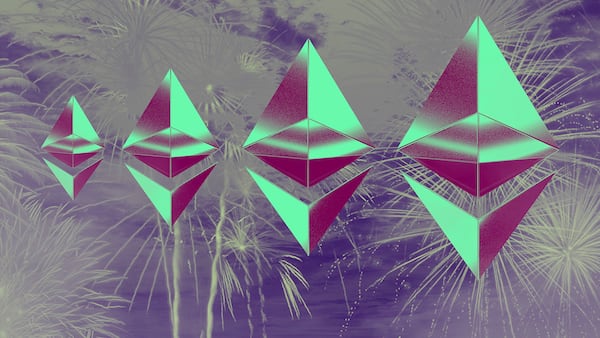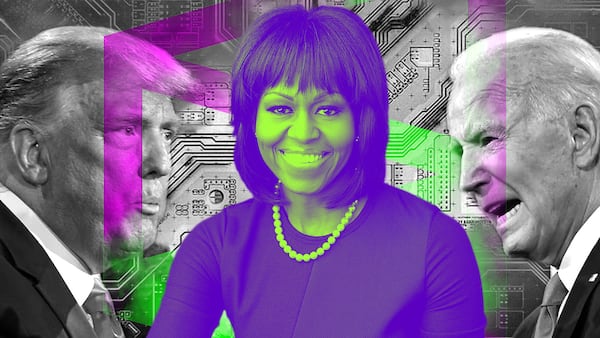- A series of tweets featuring Vitalik Buterin about Chinese-language pop songs has inspired the creation of cat-themed memetokens.
- Meanwhile, dog-themed Floki has responded to a warning from a Hong Kong regulator about its staking programme.
- The UAE has sent Digital Dirhams to China using mBridge.
Ethereum co-founder Vitalik Buterin’s banter on X has once again inspired a series of memecoins, this time themed around cats.
On January 30, he compared memecoin holders to a line from the Taiwanese pop song “Learn to Meow” by Pan Wenfeng and Cheney.F.
The chorus line, “we learn to meow together, together meow meow meow meow meow,” has resonated with crypto creators, leading to the creation of tokens with names like “we learn to meow together” and “Vitalik learns to meow.”
One token, “喵喵喵喵喵” (“meow, meow, meow, meow, meow”) has shot up almost 1,000% since its creation on January 30, with over $14 million in trading volume, according to CoinMarketCap.
Buterin’s post was a response to another tweet that compared Ethereum holders to lyrics to another Taiwanese song, “A little happiness” by superstar Hebe Tien.
Its reference in turn was a playful dig at Buterin: there’s a video online of him singing the song in Chinese at a KTV karaoke bar.
Tron founder Justin Sun also piled on, tweeting: “Whoever issues Meow Meow Coin will immediately get it listed on Poloniex”.
This isn’t the first time Buterin’s tweets have inspired memetokens.
In 2022, his response to a tweet by Sam Bankman-Fried during the FTX collapse led to the creation of the DIE token.
Floki response to Hong Kong regulator warning fails to address high APY claims
Floki has blocked Hong Kong users from tapping into its staking programme after the city’s top securities regulator placed it on its list of suspicious investment products.
The anonymous team behind the memetoken announced a trove of new measures designed to address concerns raised by the Securities and Futures Commission.
“We regret that the SFC takes such an extreme measure,” the Floki team wrote in a Medium post, adding that it’s “taken steps to mitigate concerns in jurisdictions where the regulatory framework does not specifically cover or cater for the staking programmes.”
This is the latest development in the spat between the SFC and Floki, which saw the project halt its planned advertisement campaign in Hong Kong in December, according to the blog post.
The SFC first issued its warning on Friday, last week.
Floki offered high annualised return targets of 30% to over 100%, and was unable to “demonstrate to the SFC’s satisfaction how the high annualised return targets could be achieved,” the regulator said.
The team behind the project, Floki DAO, responded to the warning on Monday, stating it was “a law-abiding project that strives to be legally compliant.”
Floki also offered an explanation of how its staking product, giving two main reasons why its annual percentage yields, or APYs, were so high.
Firstly, it’s because Floki is not funded by venture capitalists, like many similar projects, the team said.
“Instead, the majority of the TokenFi token’s supply was allocated to users who stake Floki — in line with Floki’s ethos as the people’s cryptocurrency,” Floki said, saying that this ensured that “rewards are concentrated in the hands of believers in the Floki ecosystem rather than VCs.”
Secondly it said “rewards are volatile and subject to market forces” beyond the control of the team, which means APYs could be as high as stated.
“We do not believe there is any confusion amongst users as to how the staking program works,” Floki said, saying its stakers “are being rewarded in the utility token of a promising protocol, which the market currently has a strong interest in, and this is reflected in the current APY of the staking programme — which could go up or down depending on fluctuations in the TokenFi market cap.”
Floki has gotten into trouble with regulators before. In 2022, the UK’s Advertising Standards Authority banned a London Underground campaign featuring the slogan “Missed Doge. Get Floki.”
The ASA deemed the advertisement irresponsible for exploiting fear of missing out, trivialising cryptocurrency investment, and taking advantage of consumer inexperience.
Digital dirham makes first cross-border transaction using mBridge
The United Arab Emirates and China completed their first cross-border transaction using the digital dirham, the country’s central bank digital currency.
The UAE Central Bank sent $136 million to China via mBridge, a platform launched in 2021 by China, Hong Kong, Thailand, and the UAE.
mBridge makes it possible to make cross border payments using local digital currency and without using the US dollar.
Got a story about crypto and blockchain in Asia? Contact me at callan@dlnews.com.
This story was updated to highlight that the “喵喵喵喵喵” token was created on January 31, GMT, not January 30.







